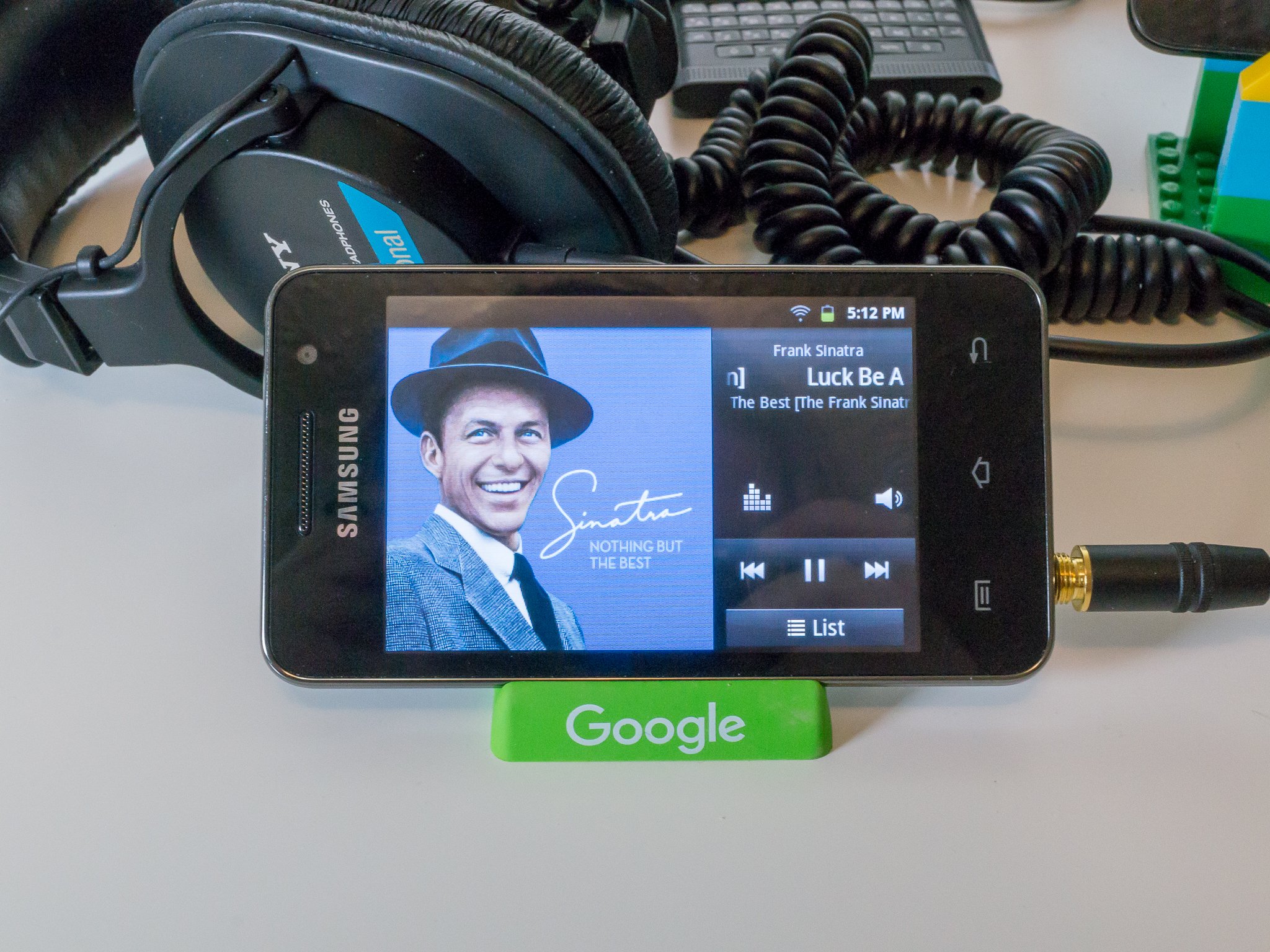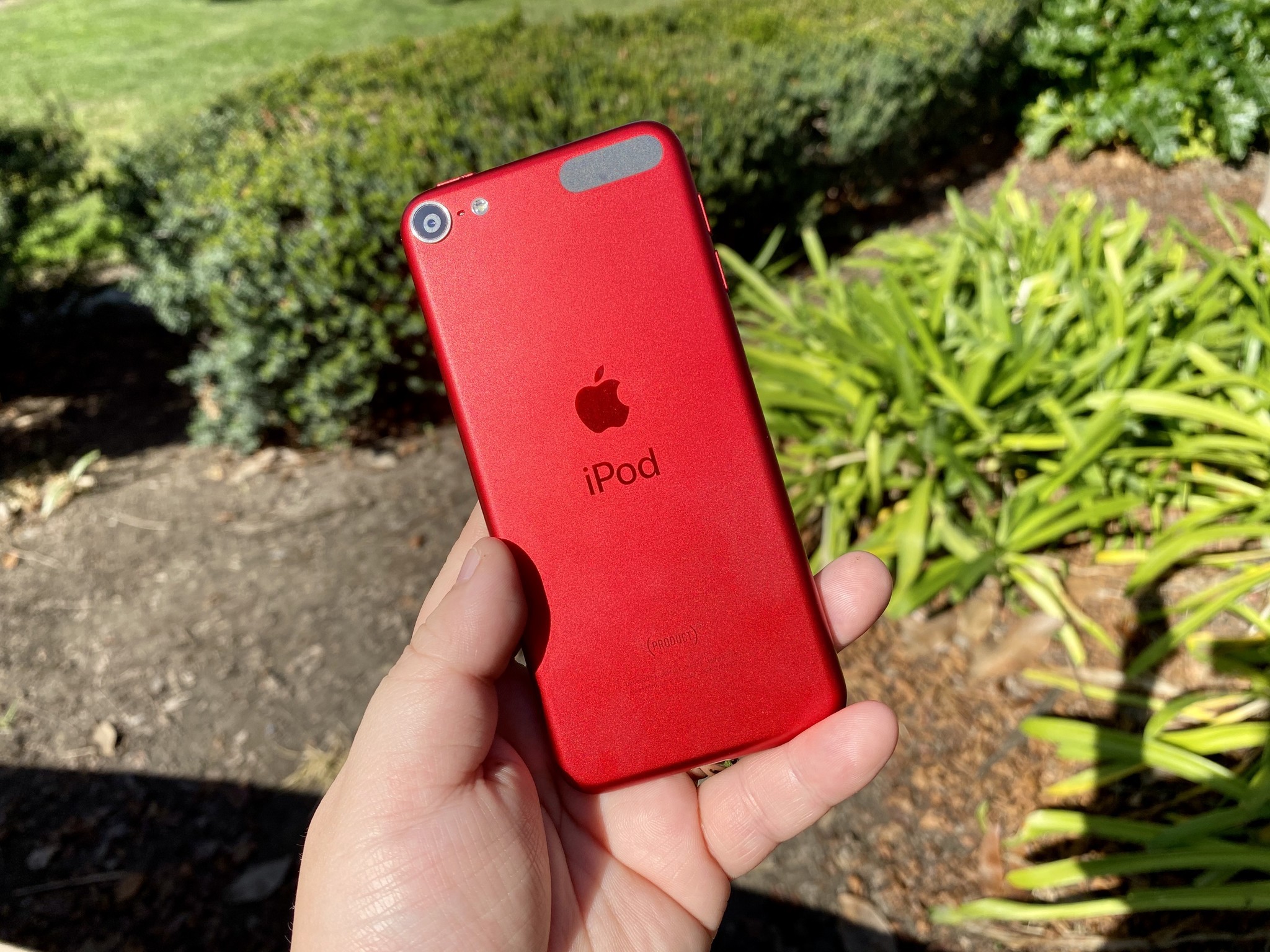An Android media player with Play Store access and the right price would mean never buying another iPod again.
I've had a lot of Android devices over the years. Among all the phones and tablets and TV boxes though, my favorite is the lowly Samsung Galaxy Player. I got more mileage out of it than any other Android device, at half the cost of the others. It was cheap as dirt and had a great Wolfson DAC that drove my headphones almost to the breaking point. I used it until it literally stopped working, no matter how many new batteries I stuck in it.
That's why one thing I really wanted to see over the Black Friday weekend was a new Android Media player. My wishlist wasn't very long: it needed to have access to the Play Store, it needed to have a decent set of audio specs with a headphone jack, and it needed to be under $300. Needless to say, I was disappointed.
You can buy a media player that runs Android. But unless you're willing to spend a ton of money on something that's already a few years old or will settle for something that doesn't have access to a small handful of apps through Google Play, you're out of luck. And that stinks because even though I don't want to buy an iPod Touch, it's the only media player that can check your email when you're in range of a Wi-Fi router.
I'm 100% aware that I am in the minority. Most people are fine with using their phones to play music over their Bluetooth headphones and not worry about having another device to keep charged and carry around.
But there is a market for such a device. I know there is because you can still buy an iPod Touch starting at $199. It has decent specs, a headphone jack, and access to the App Store. Even though the audio hardware isn't exceptional, it ticks enough boxes. Apple wouldn't keep making one if it didn't make money from it.
I started yearning for another Galaxy Player once I was left without a phone that was a good PMP.
I really started missing my old Galaxy Player once my LG V10 kicked the bucket and boot looped itself to the big recycle bin in the sky. Rest in peace, my well-armored friend. It's too bad LG couldn't make the inside as tough as the outside.
I've made do with other phones since, but always with some sort of compromise. I don't like draining my phone battery while streaming music with piss-poor audio quality. And since only a few phones have headphone jacks, I have to use an annoying headphone dongle too. It's either that or buy that iPod Touch, which is an equally bad option in my opinion.
Samsung could and should easily address this; there are plenty of reasons why an iPod Touch-like device could be profitable for them. They're perfect for kids who are old enough to want apps and music but aren't ready to manage a data plan (some adults fit here, too). The battery life on a device without an always-on cellular connection is awesome. Carriers like T-Mobile or Verizon track your every move then sell that data, even if you have no active service. Unless you want to use Airplane mode regularly, an MP3 player would give you much better privacy on the go.
Samsung can build the right Android-powered PMP and sell it at the right price. I wish it would.
Samsung is willing to keep making the best Android tablet to target the few people that actually buy Android tablets; no other Android OEM cares about them, not even Google. I think a big reason the company does it is that it wants to cater to people who are invested in Samsung's device ecosystem. If you have a Samsung phone, a Samsung laptop, a Samsung TV, and even a Samsung refrigerator, you will want your tablet to be made by Samsung, too. Samsung makes good products that people love, in as many categories as possible.
I wish Samsung's next tablet — not including the Galaxy Tab S8 — would be a 5-inch one that played MP3s. It's something only Samsung could pull off it can afford to build it in a way that won't cost $750. I know it will probably never happen, no matter how badly I want it. But like my dad used to tell me: it's good to want things.
Source: androidcentral


